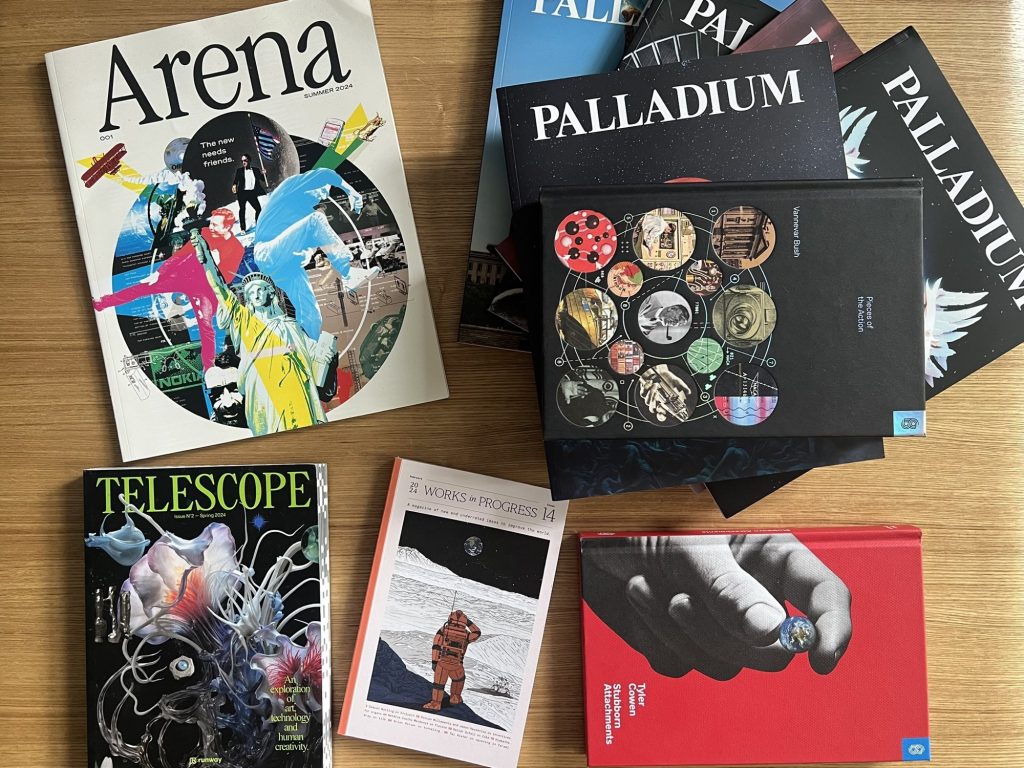I loved the Ramona Quimby books as a child. A normal but mischievous girl in a working class family was very relatable. As an eight year old I was neither shiny or well behaved.
I’ve avoided any contact with film or television adaptions so Beverly Cleary’s original work remains in my imagination. I don’t need things spiffed up and polished into Selena Gomez Disney programming. I prefer to see Ramona as just a normal kid.

And normal kids have normal problems. Ramona was a pest, so much of the series involved seeing things from her vantage as child struggling to consider cause and effect in her interpersonal skills.
I remember her having anxiety about this maturation process. Quimby family had a yellow cat they called Picky-Picky. One of her fears was that perhaps own behavior, which could always control, was the reason the cat just wouldn’t eat his food. If she was a good girl would Picky Picky be, well, less picky?
How much of the anxiety from our younger years sounds as silly to your now adult self?
I think back on my own impressions of my behavior as a child and I wonder if I had been “better” would my life have been better?
I was slowly smoothed and sanded from pest to well behaved. But it didn’t change anyone around me.
I don’t know if the worry about the picky cat is merely “head cannon” for me or a point Cleary meant to get across on the values of boundaries and coexistence.
Picky Picky probably would have still been picky. And not all problems of the Quimby family were Ramona’s fault. Least of all the cat’s issues with eating.




